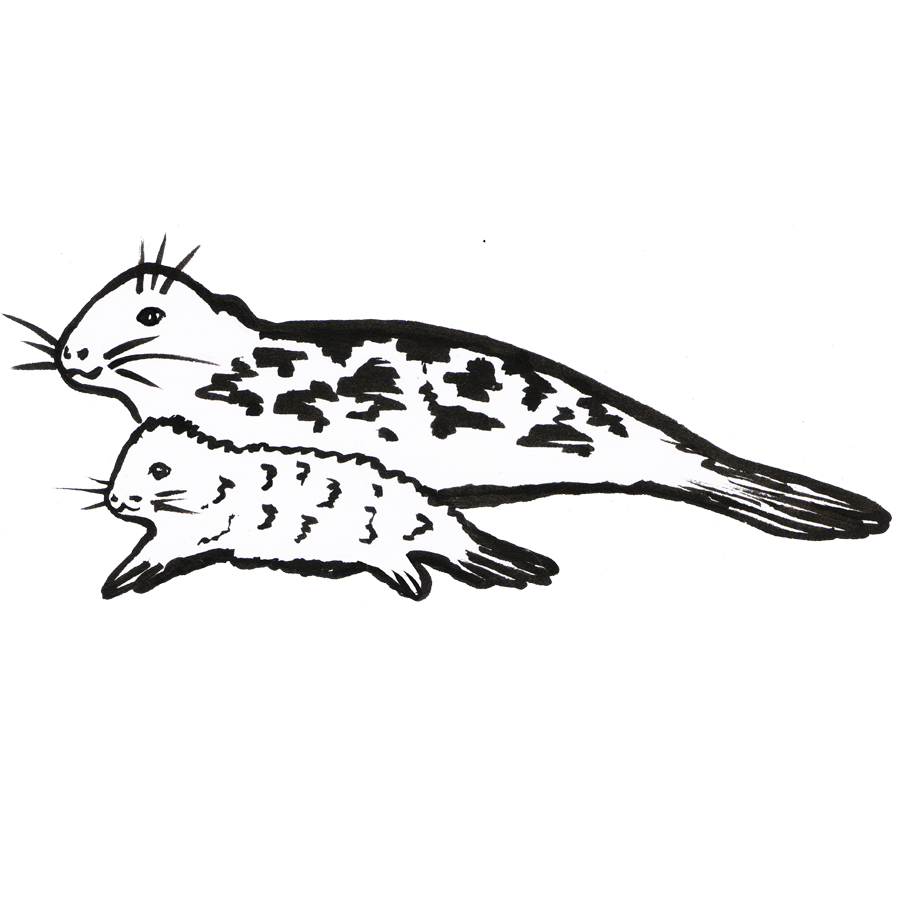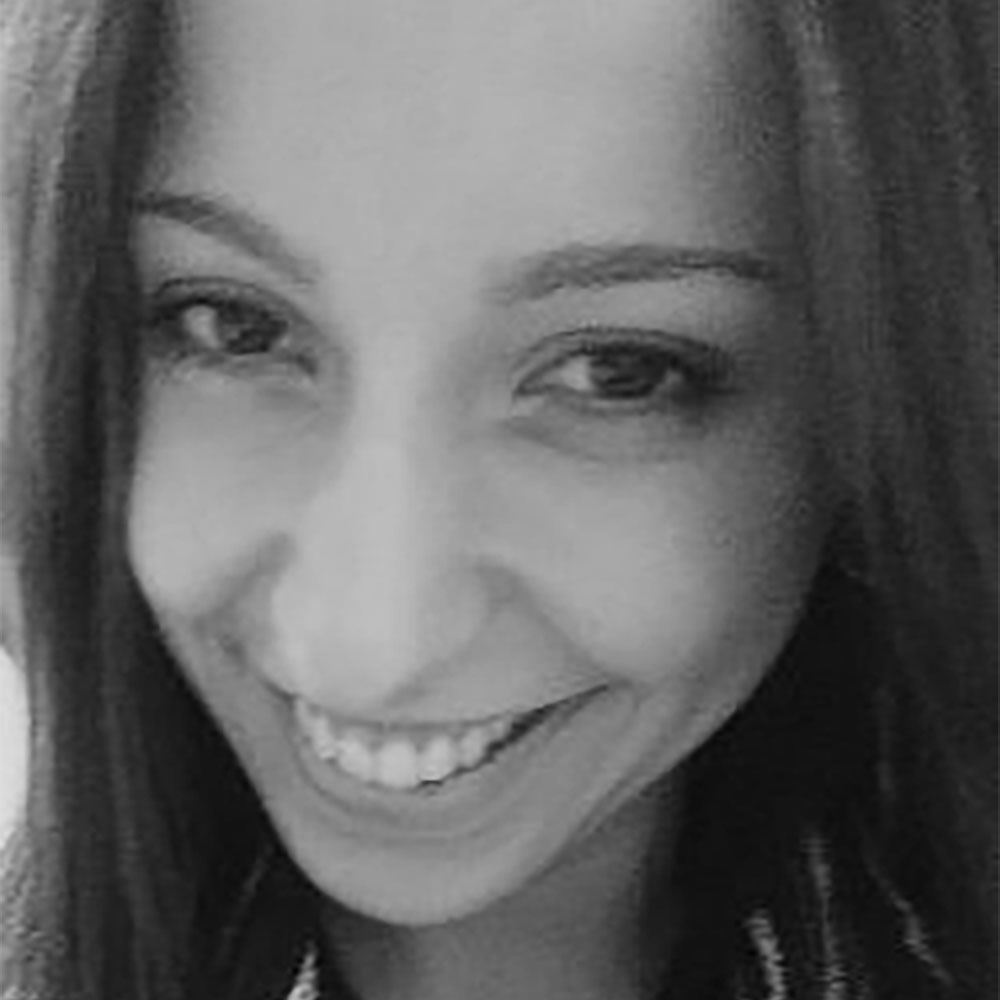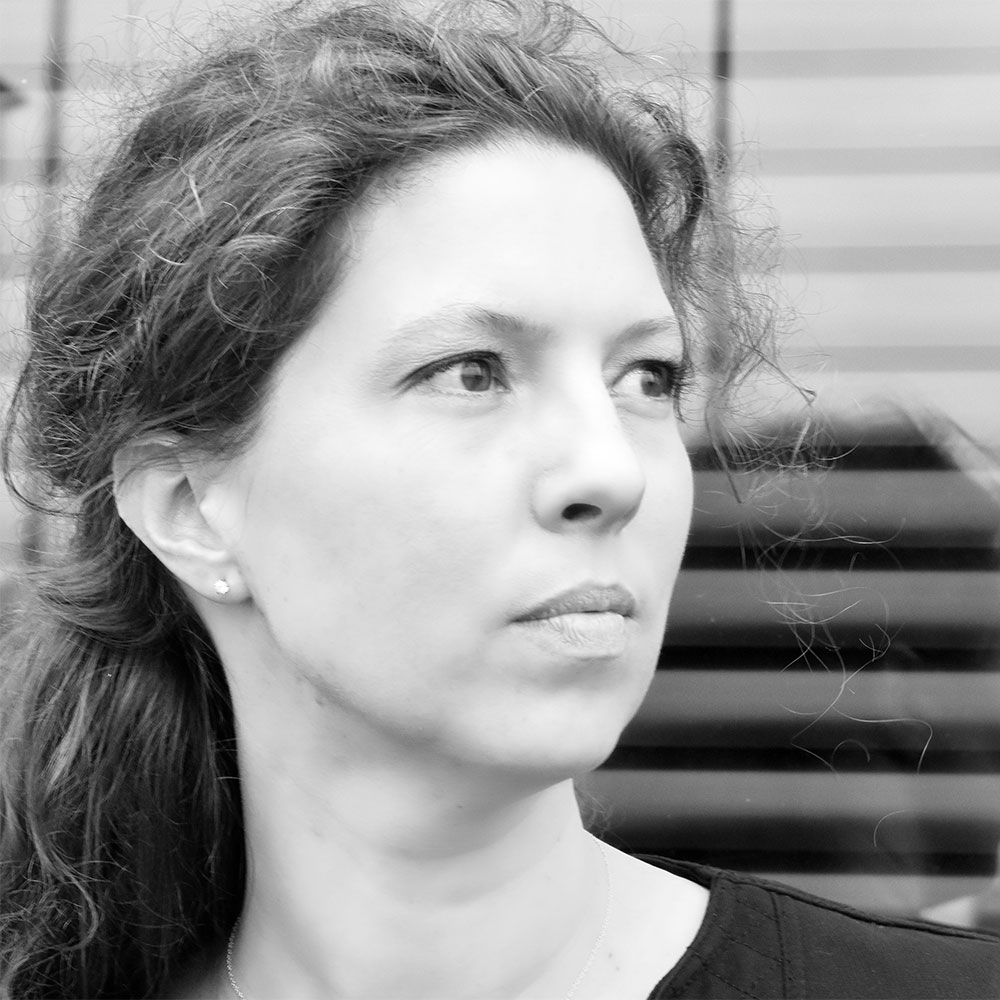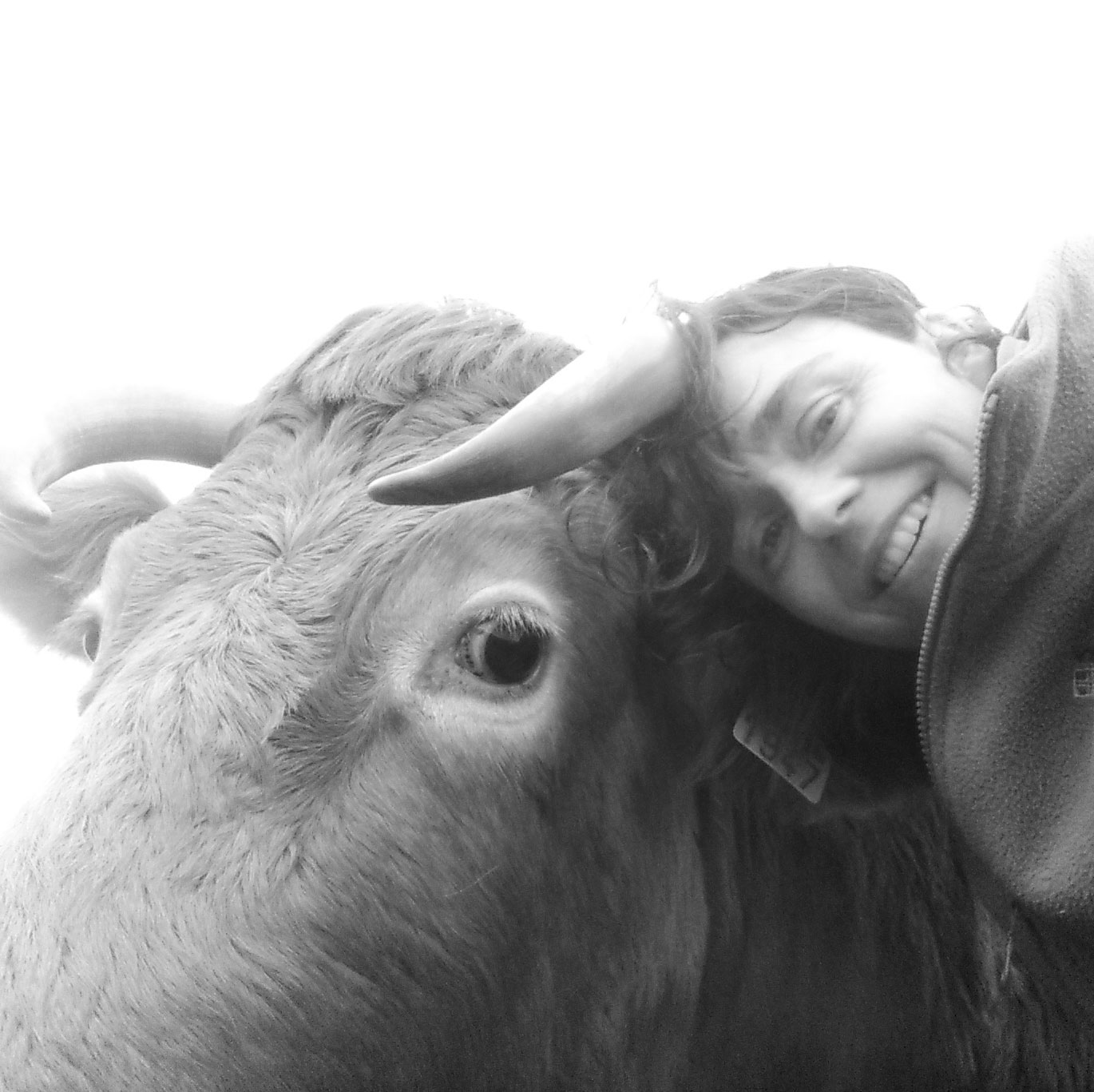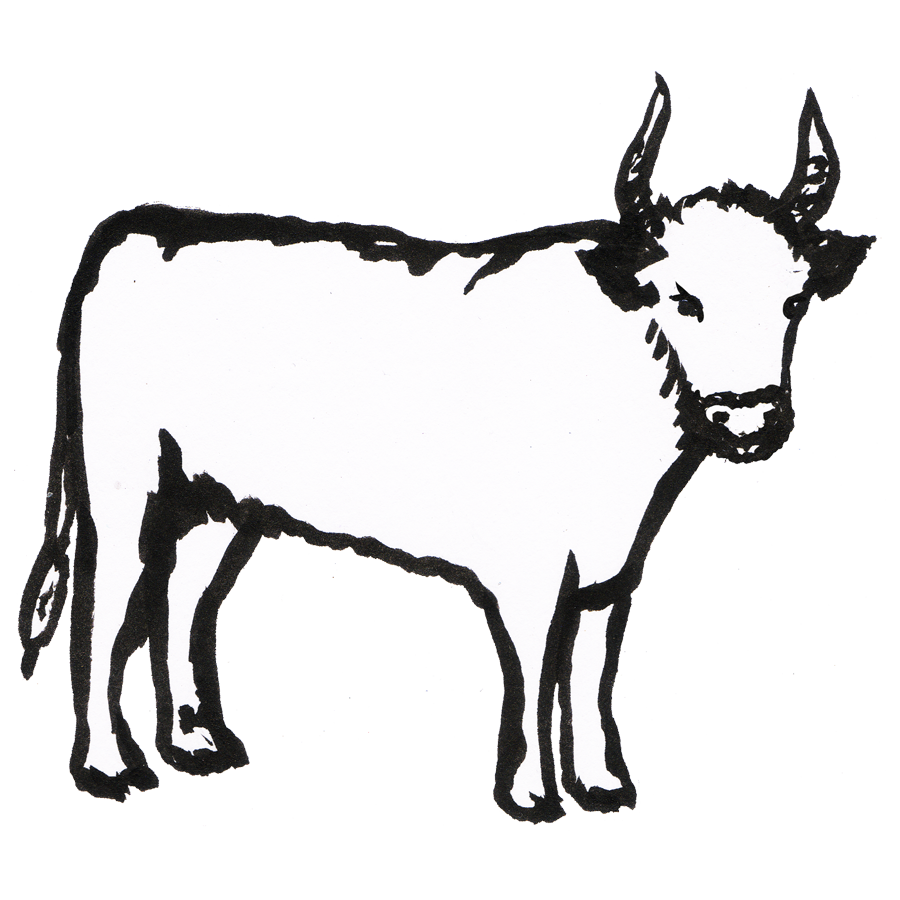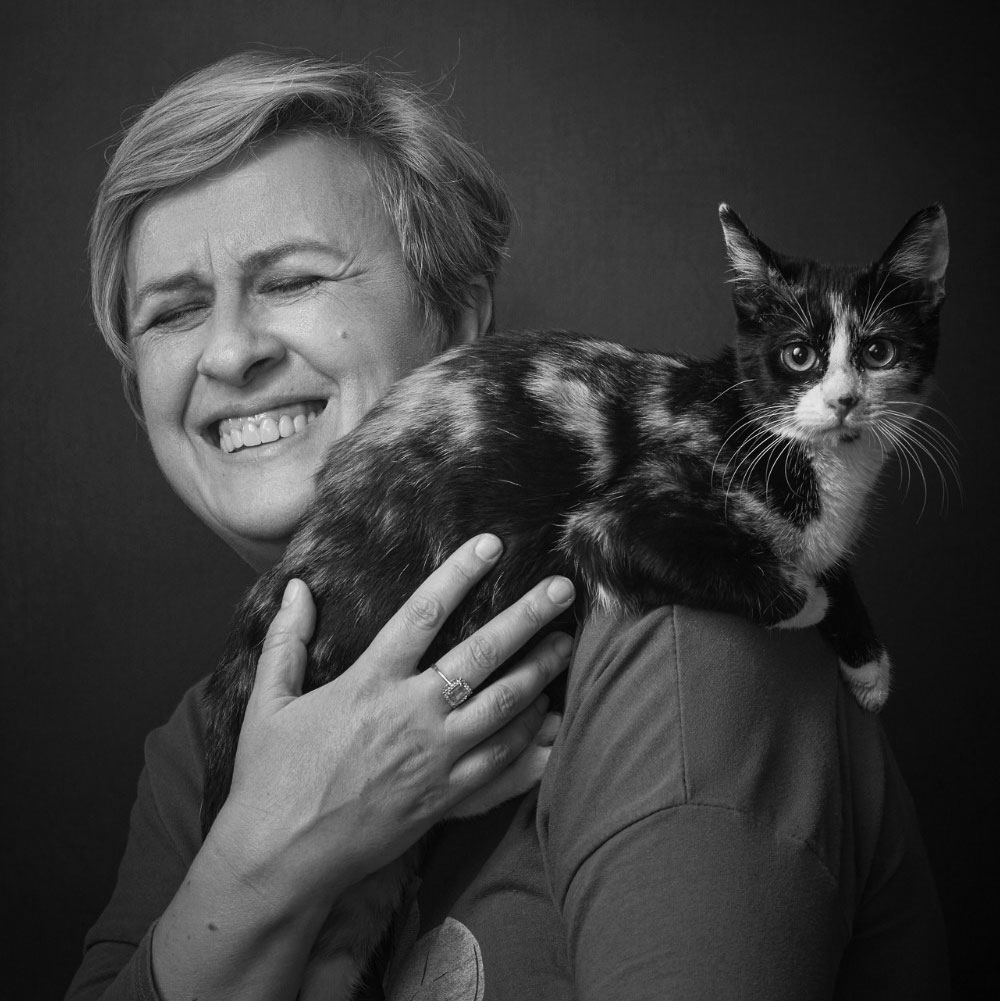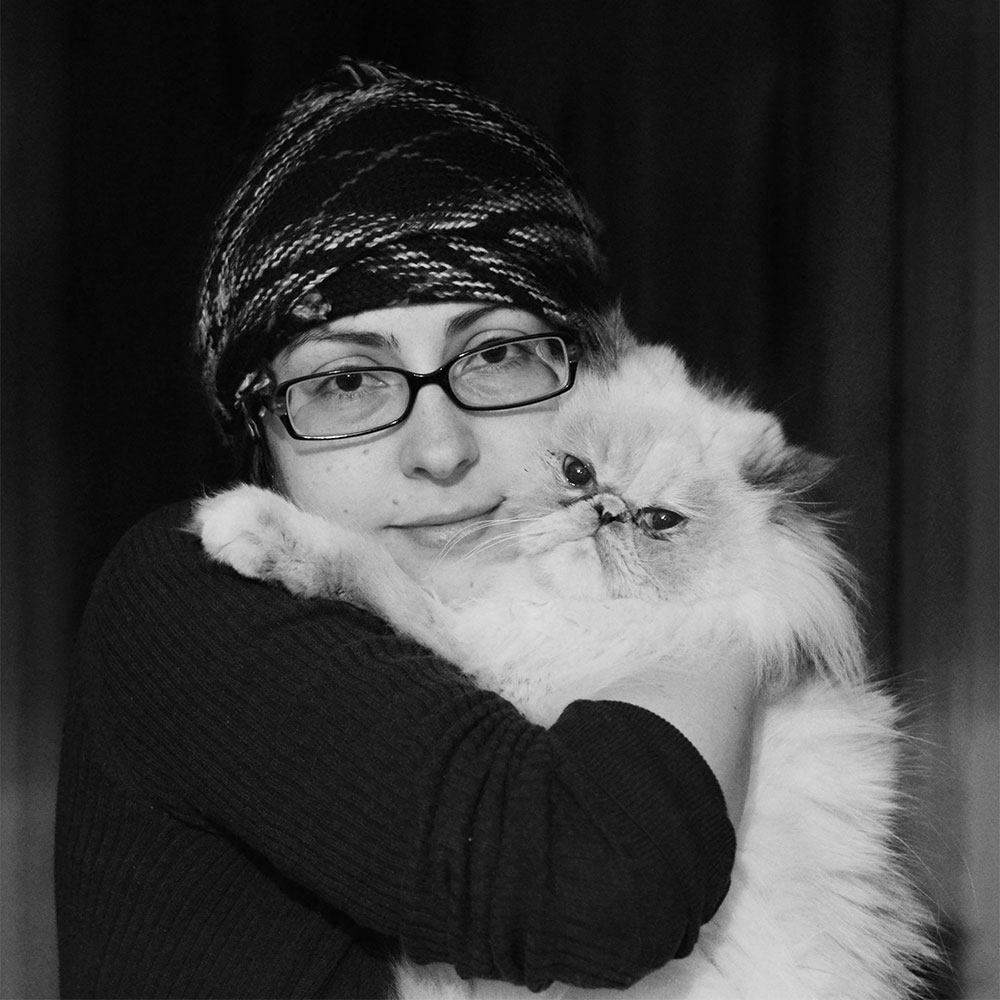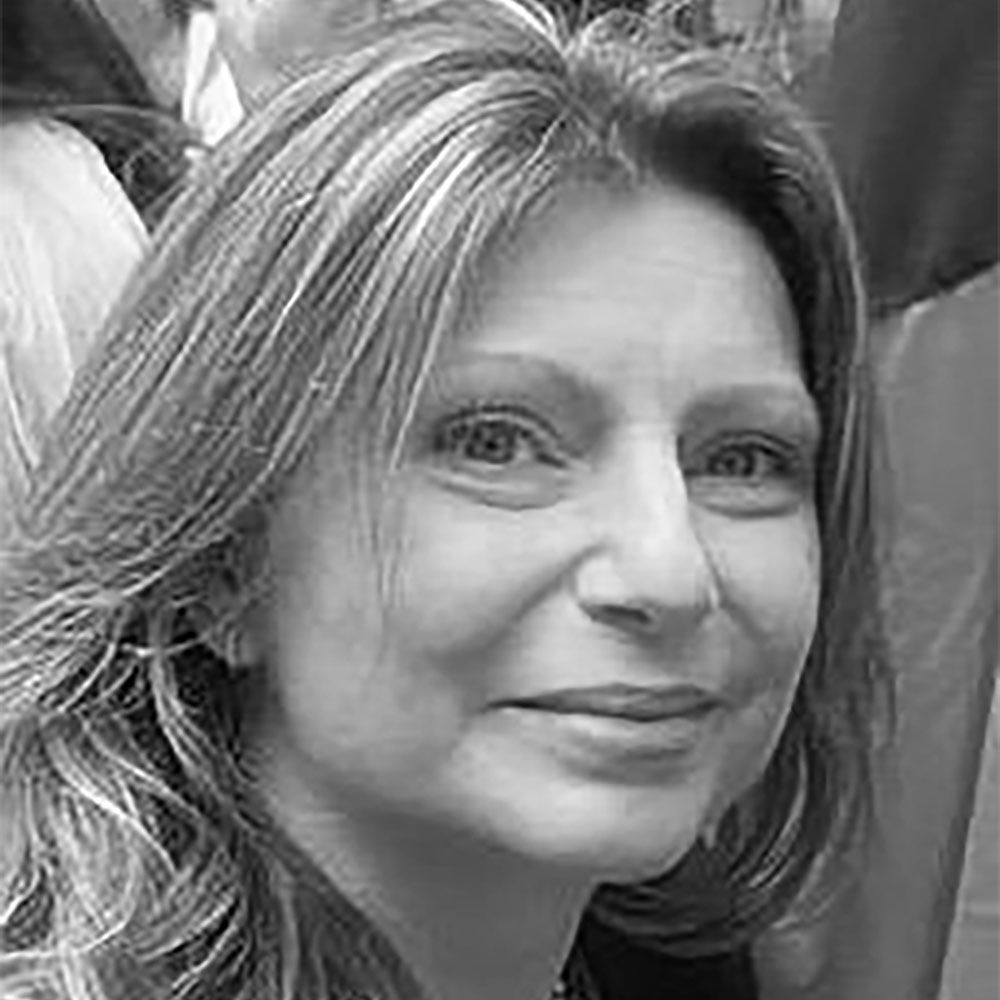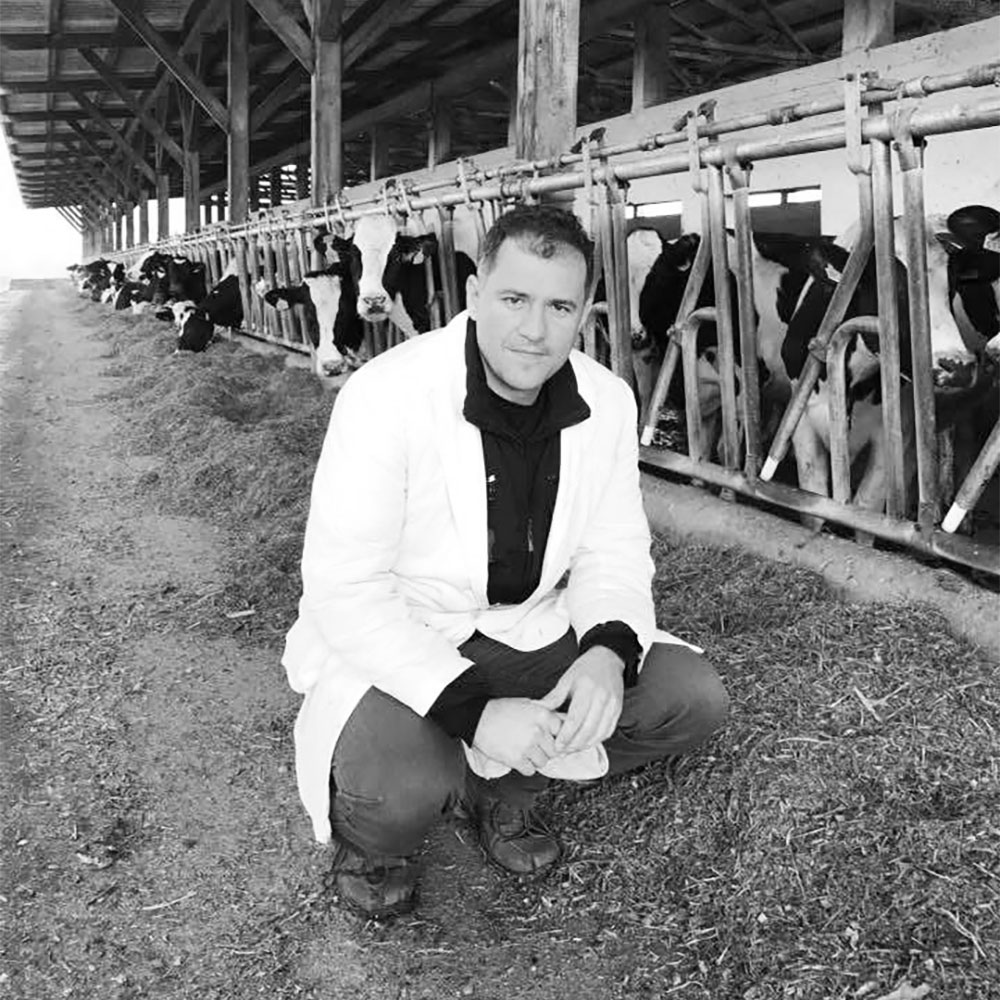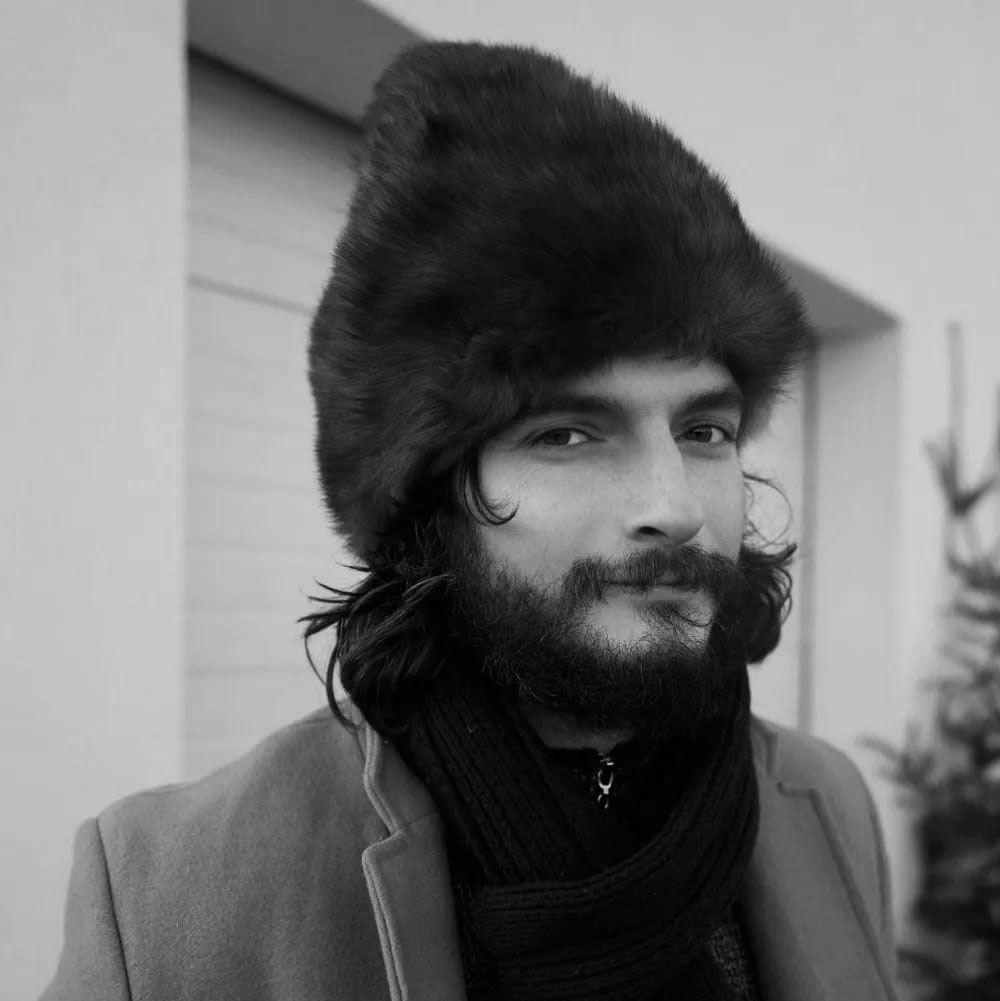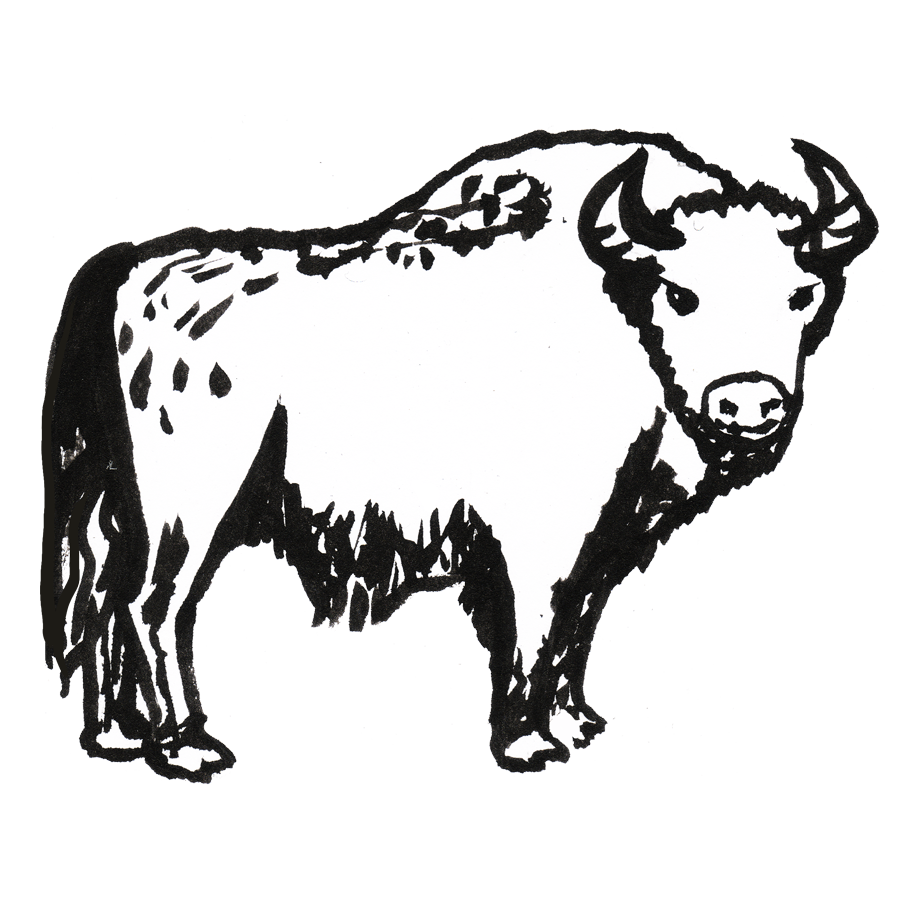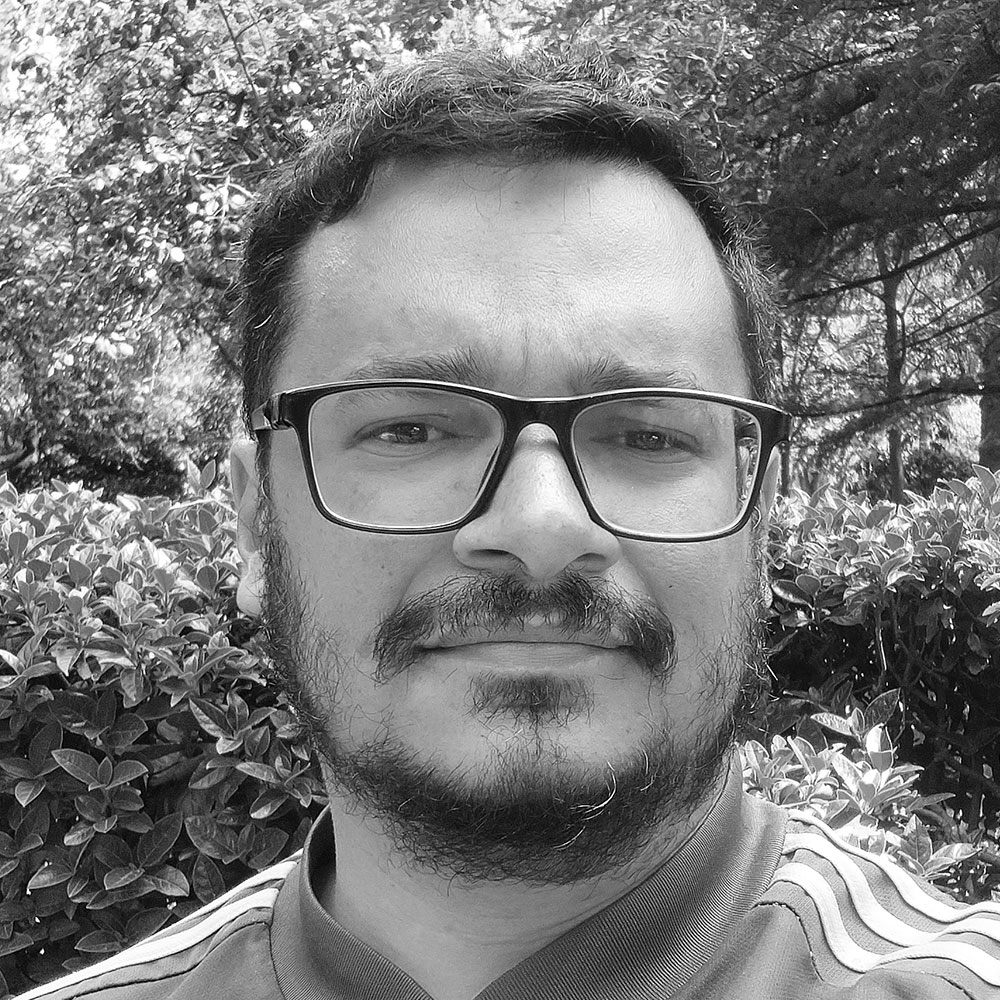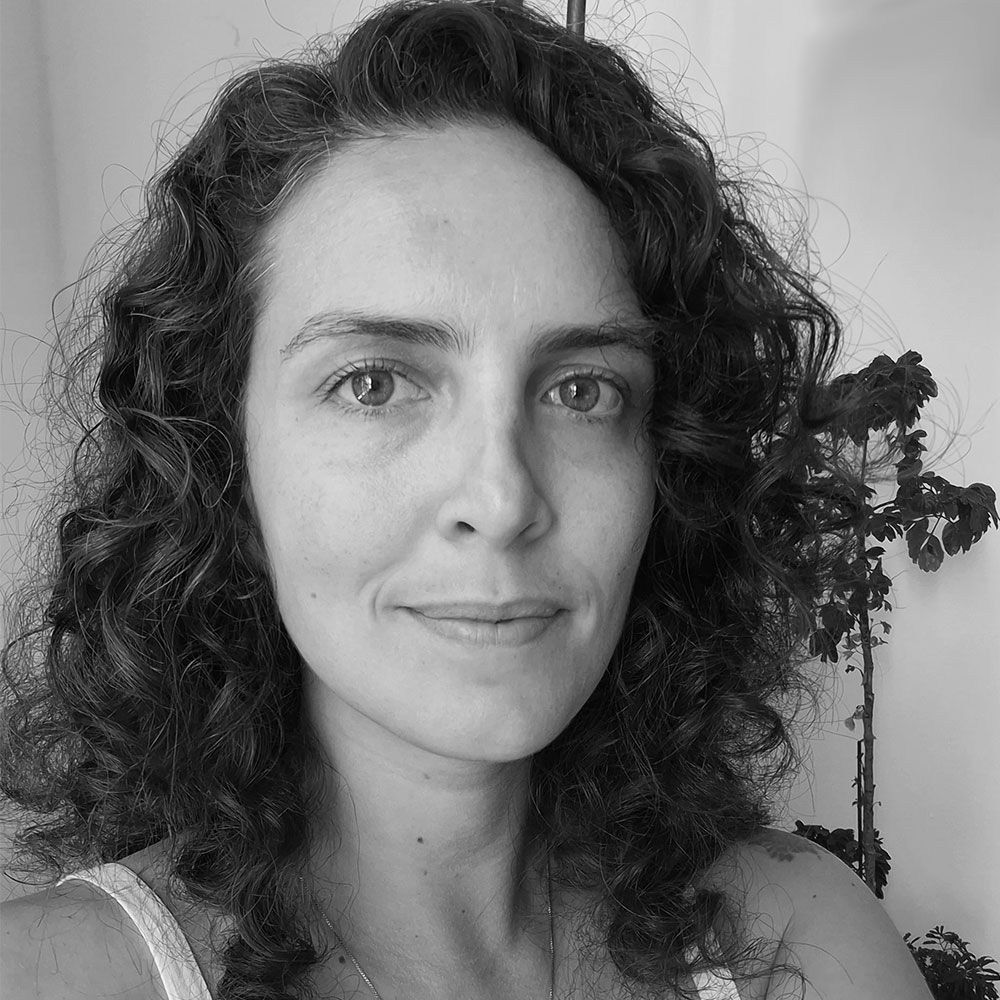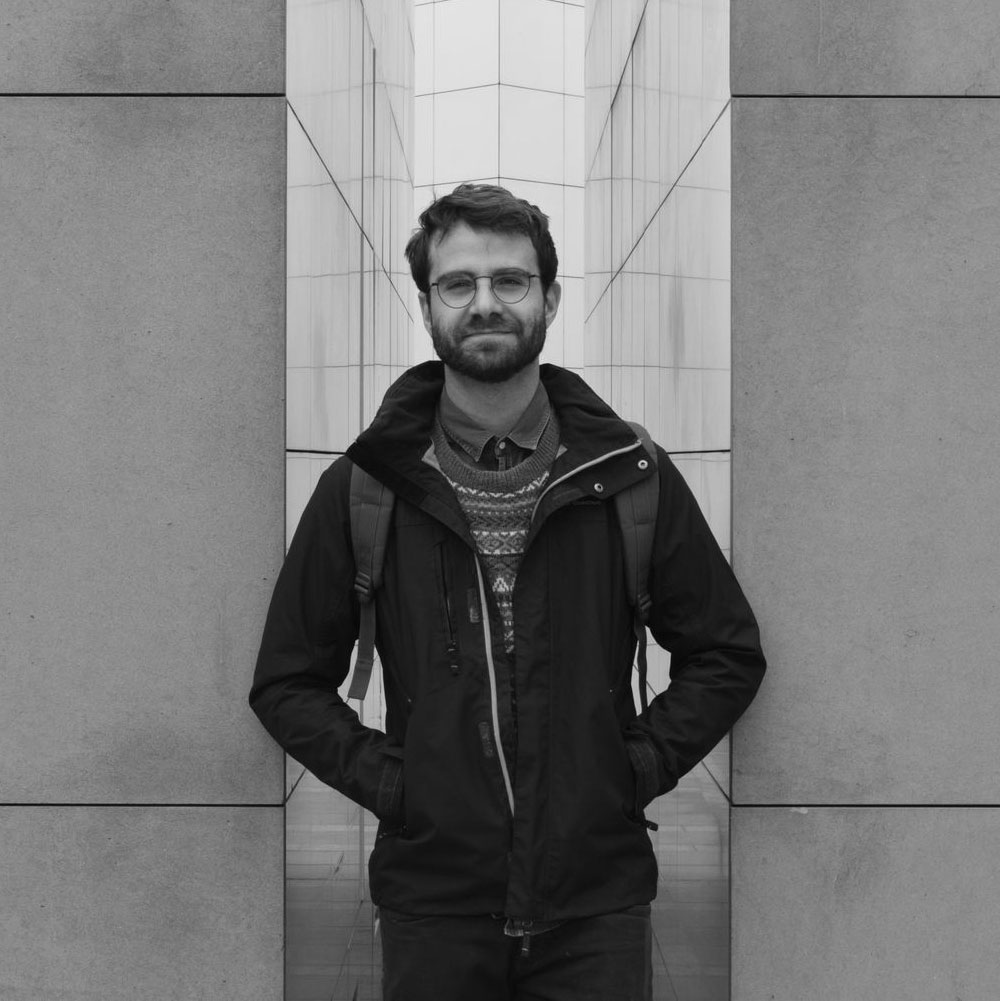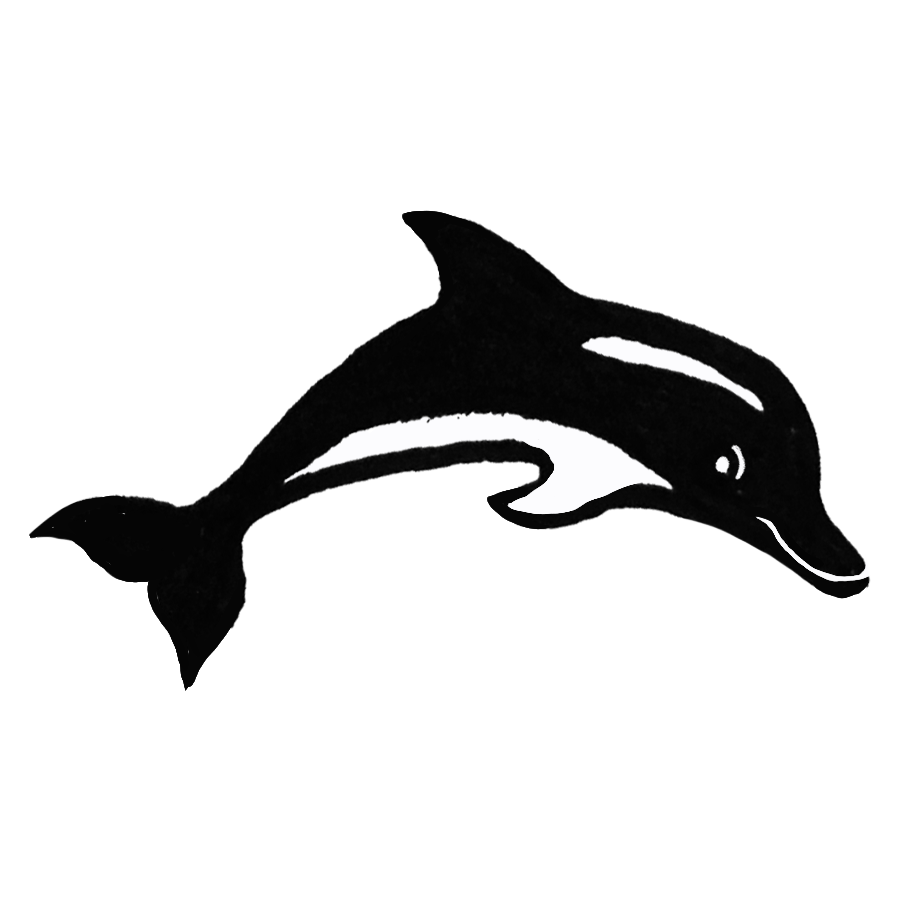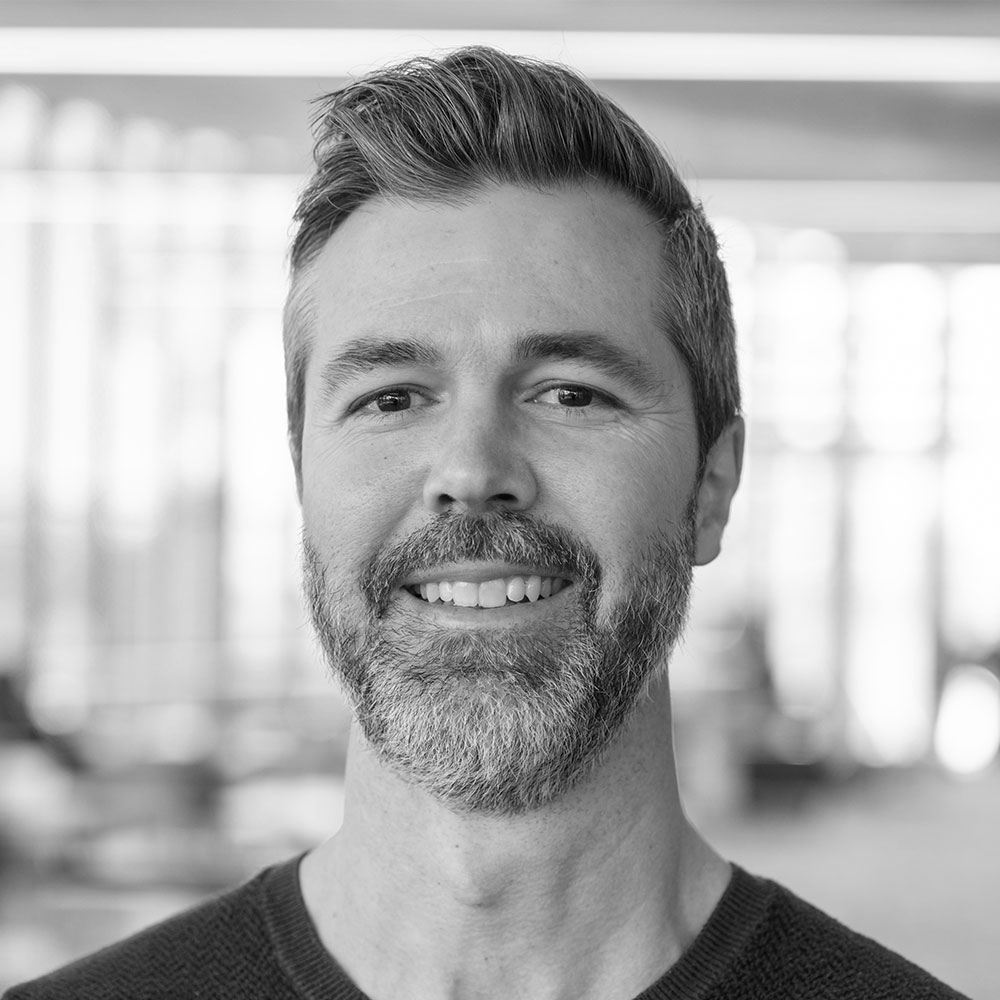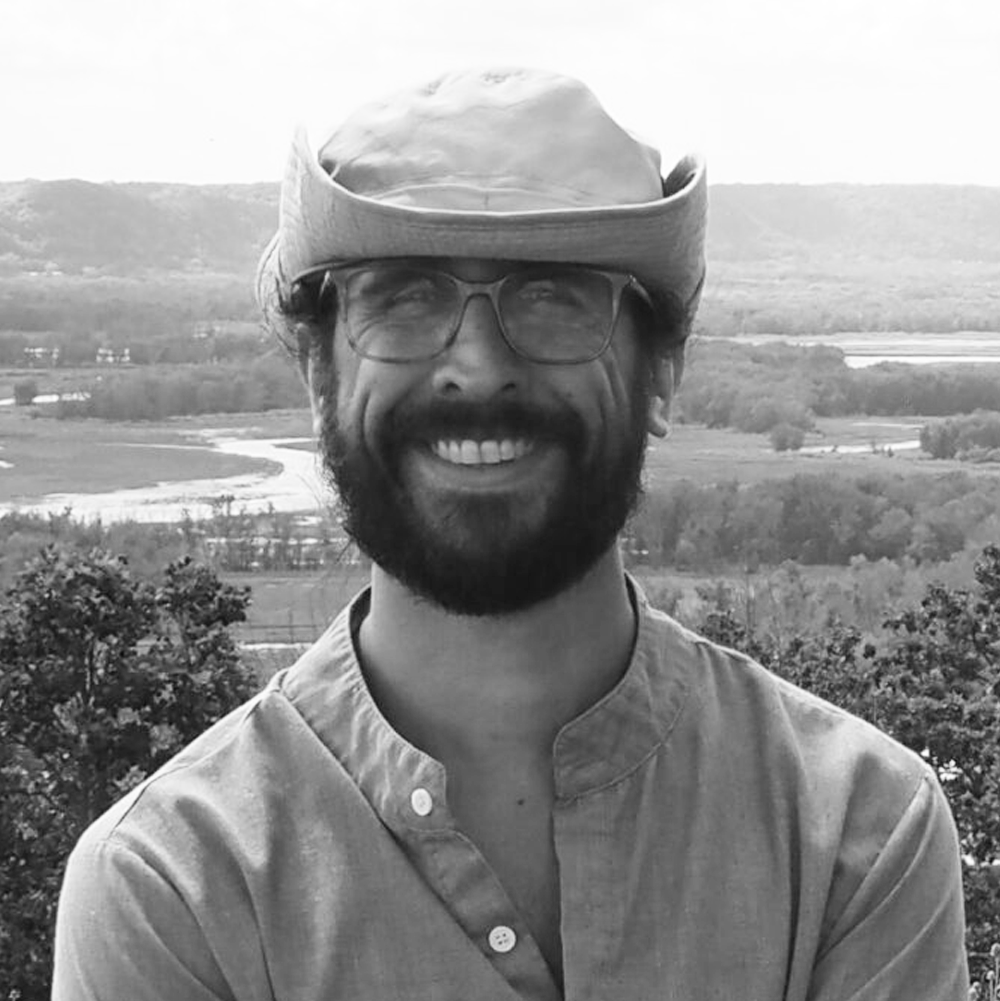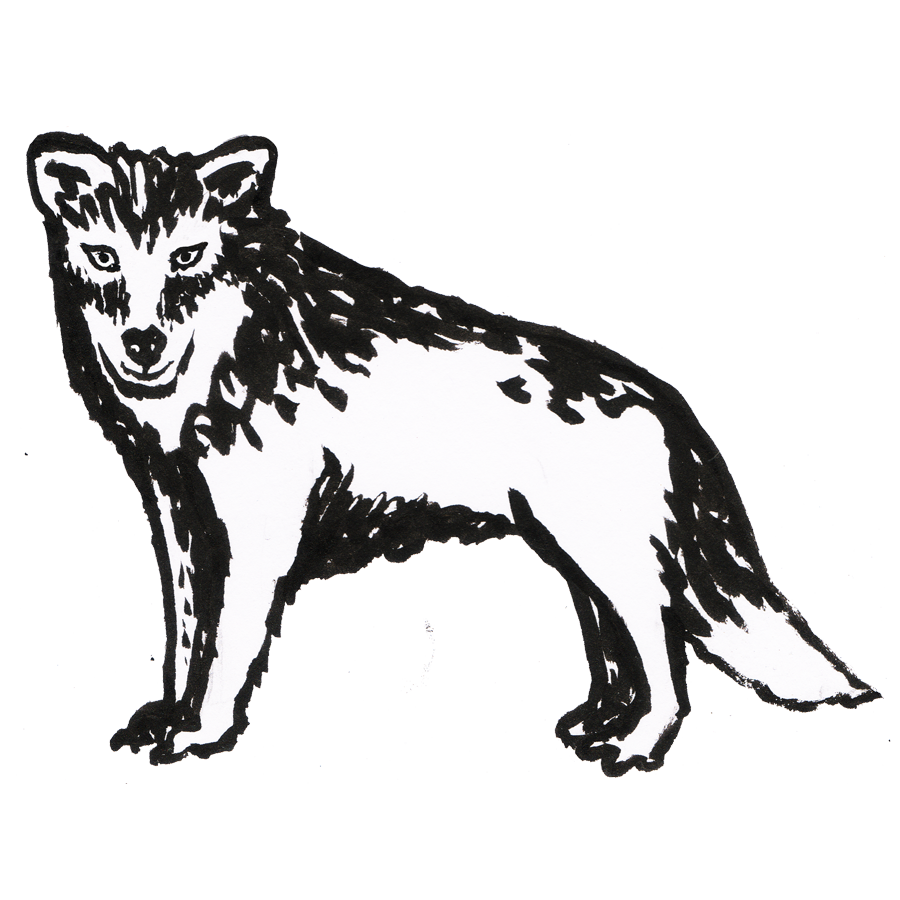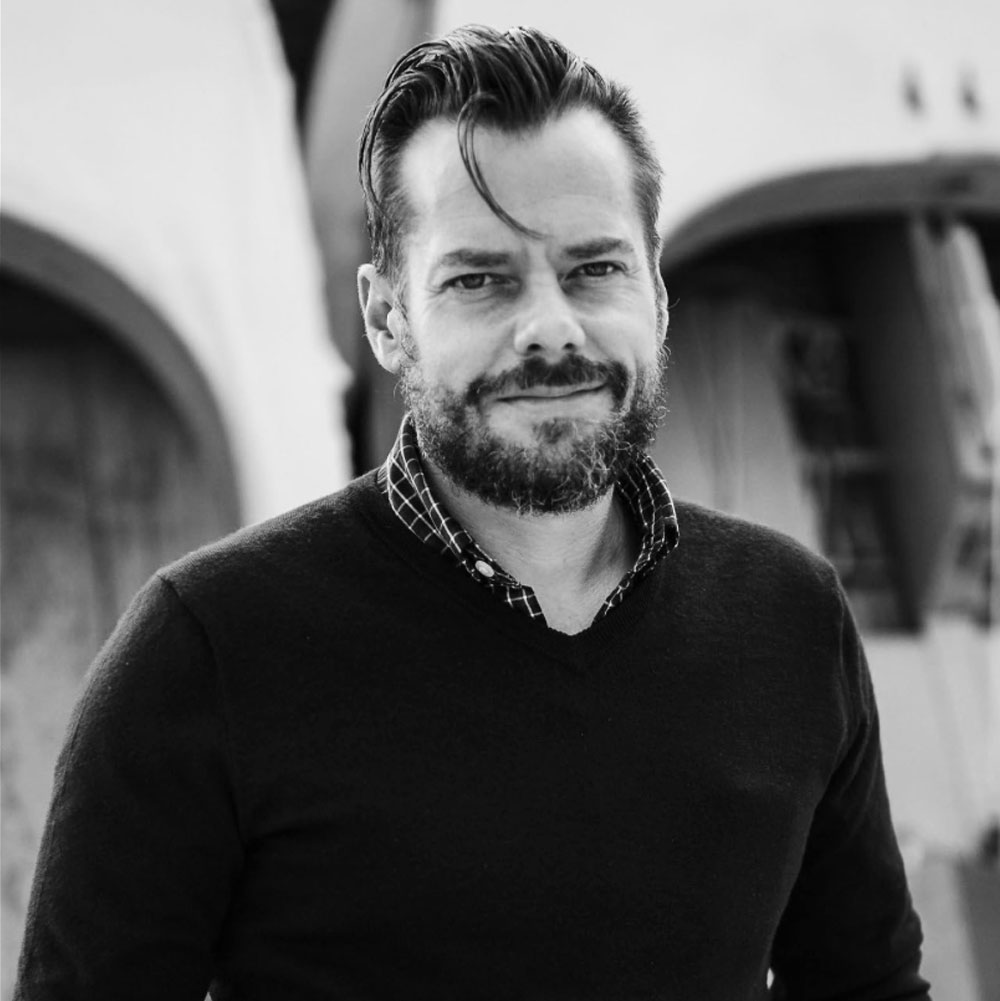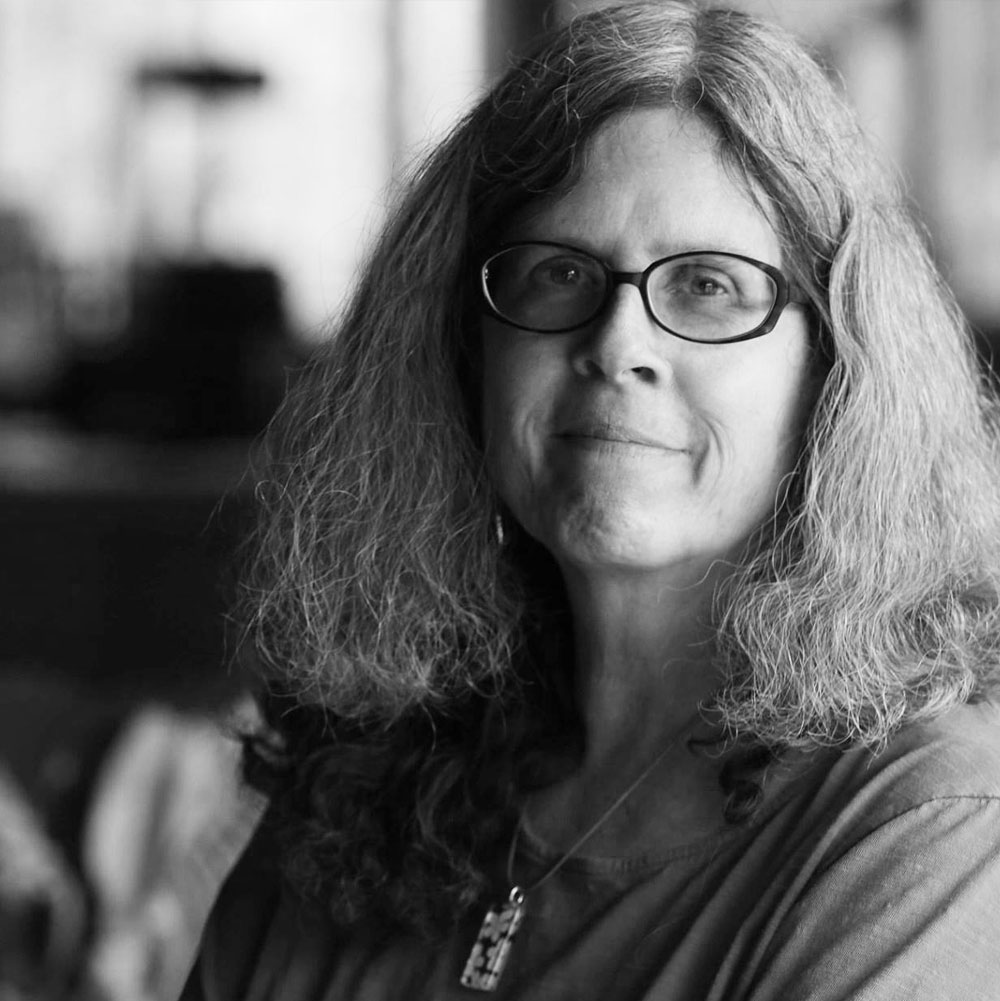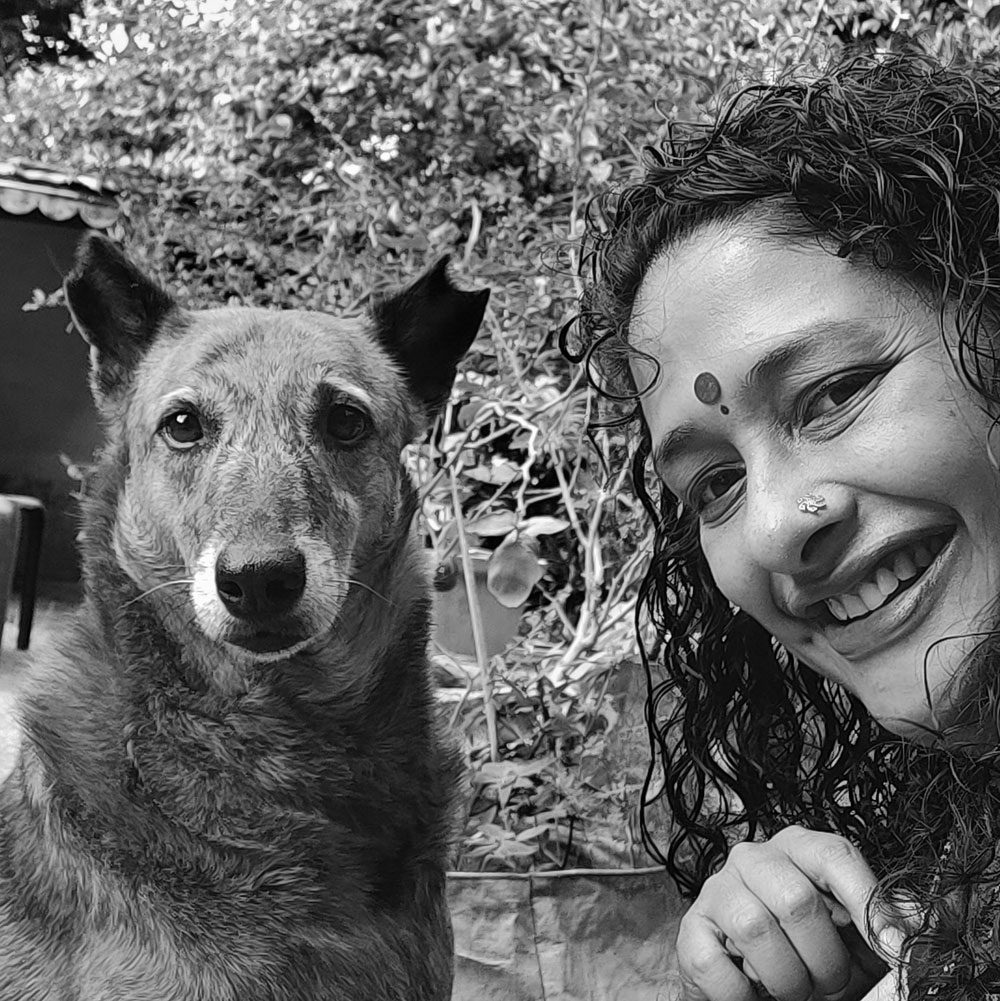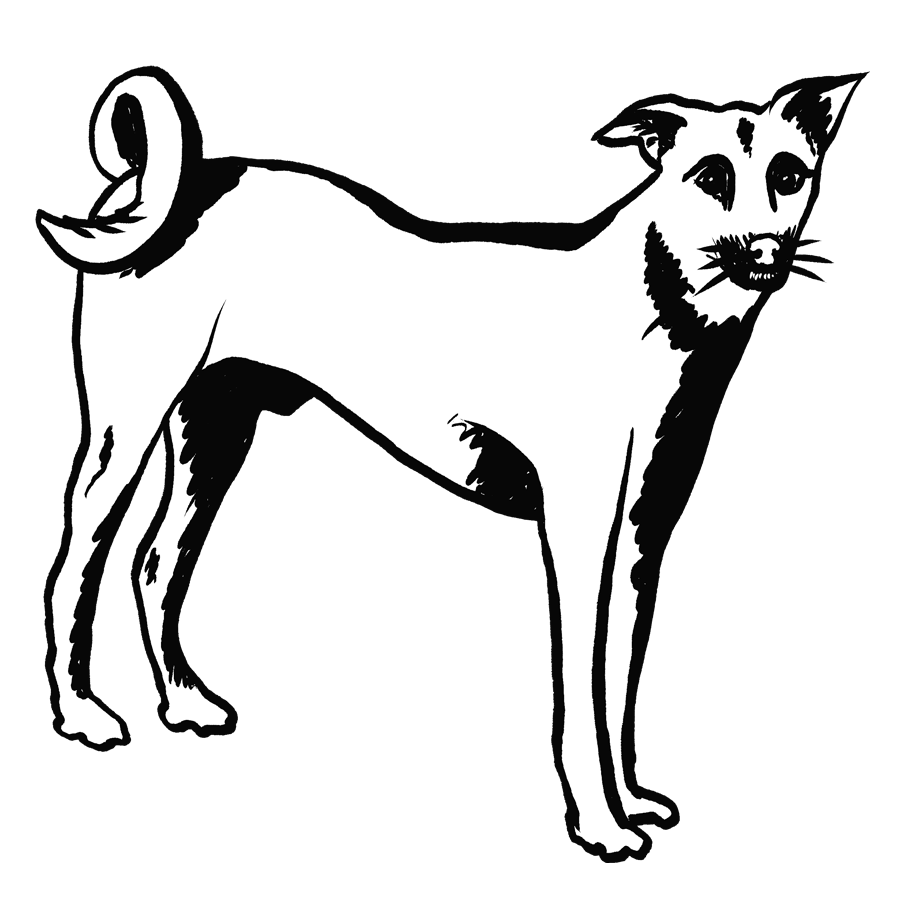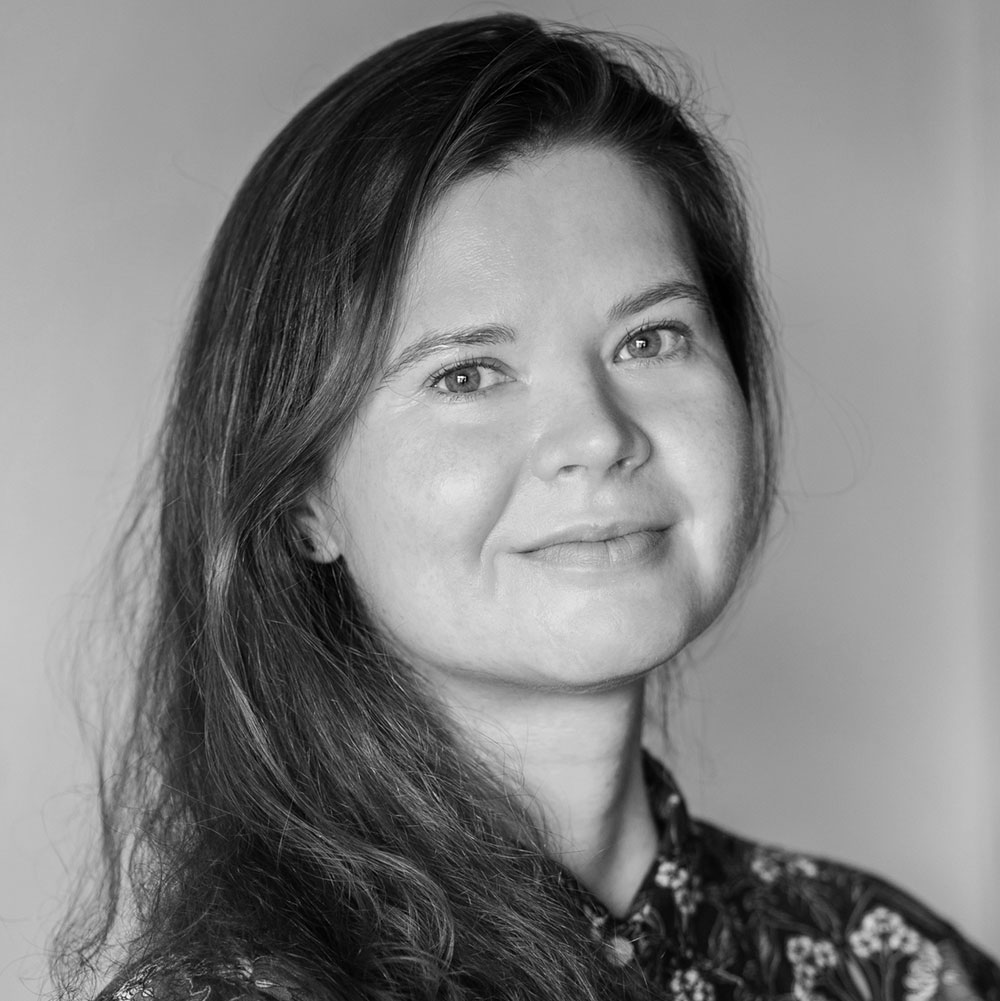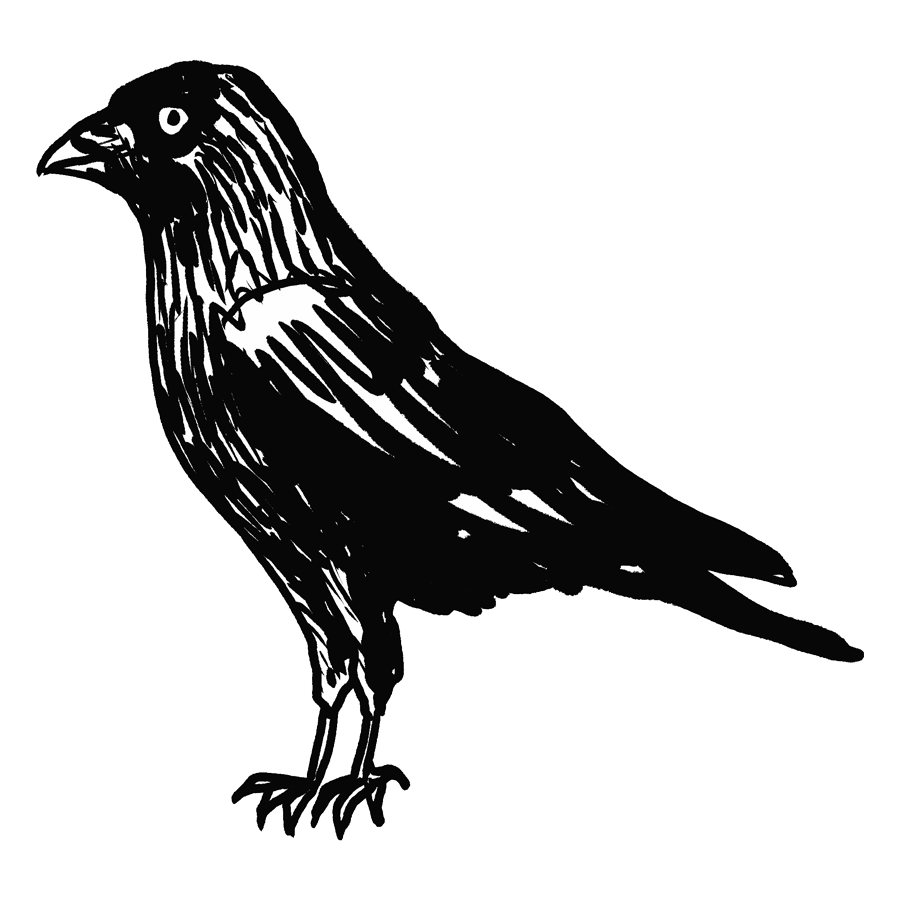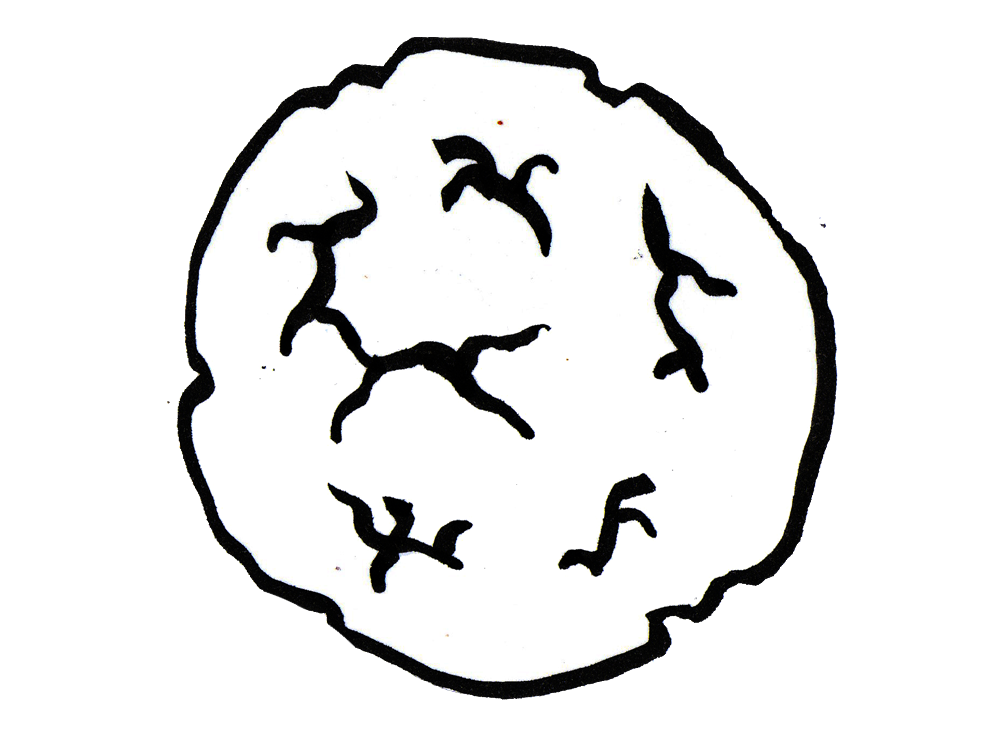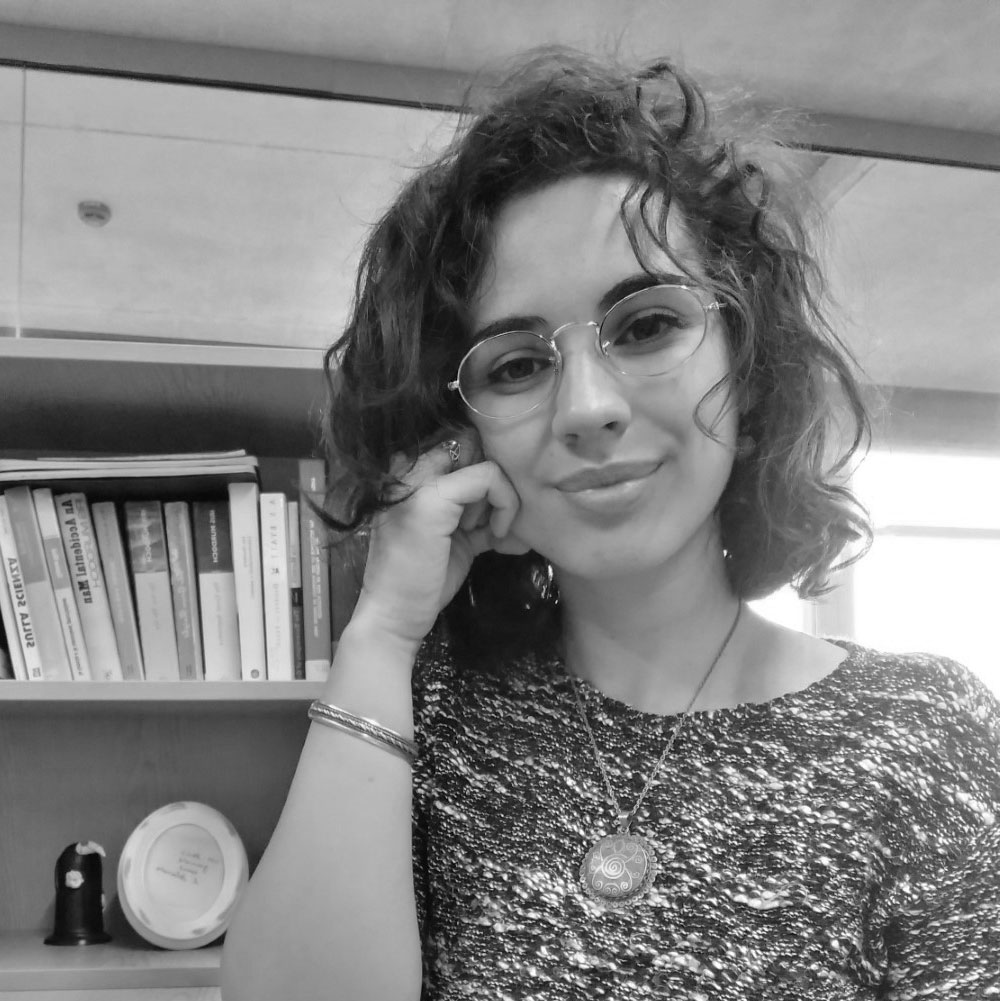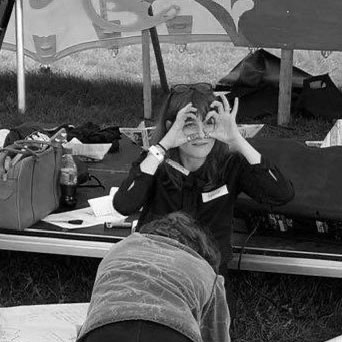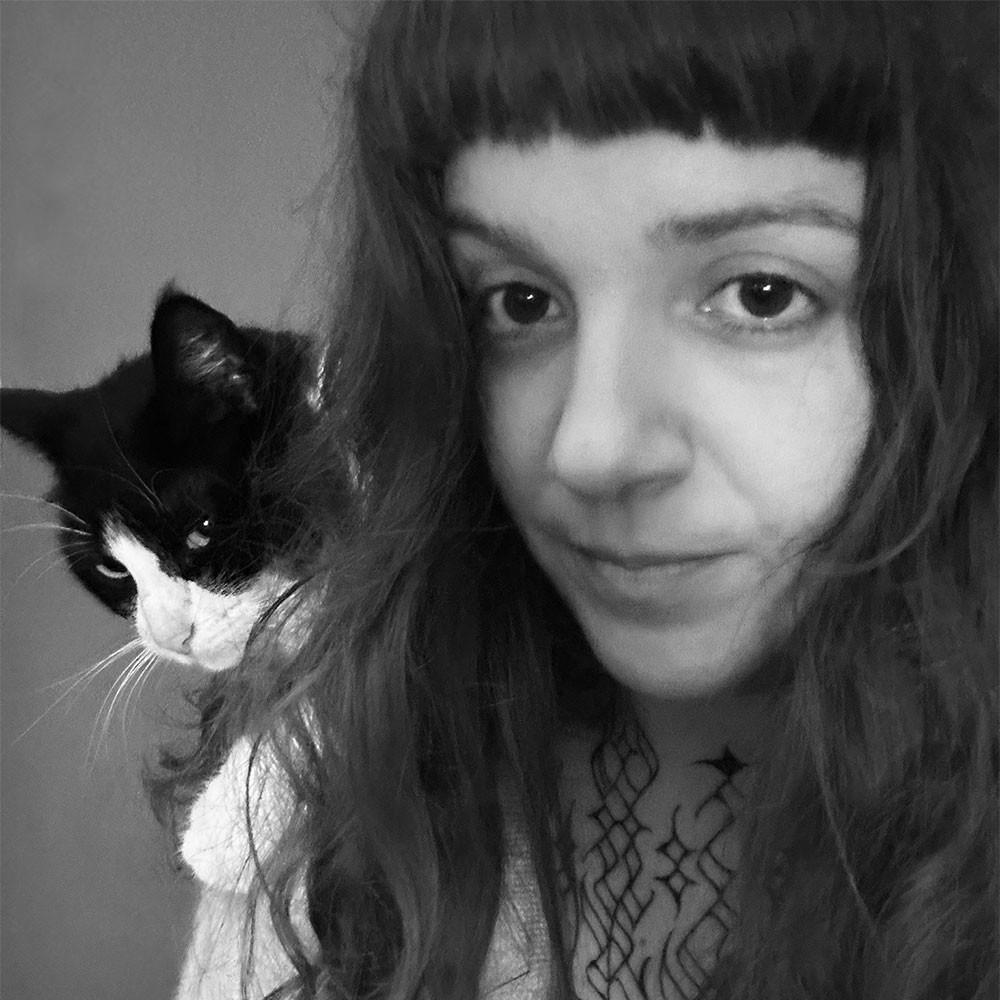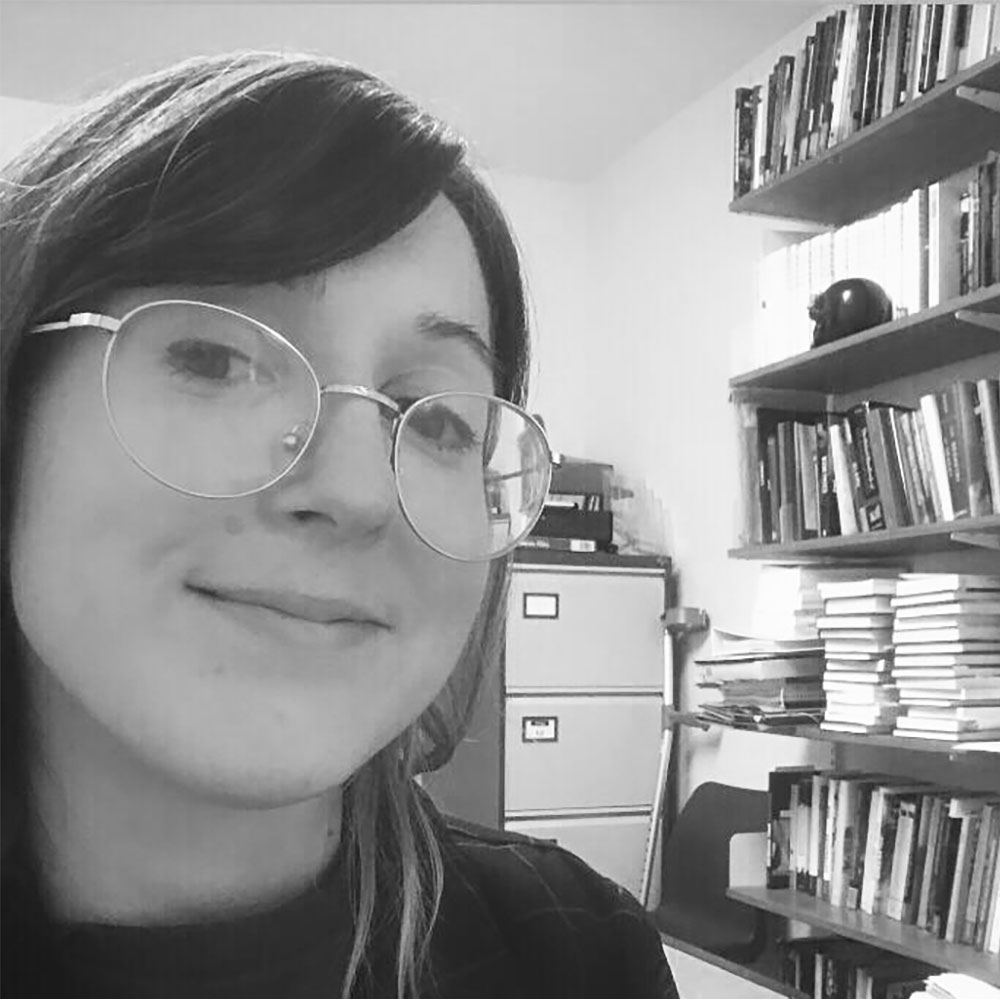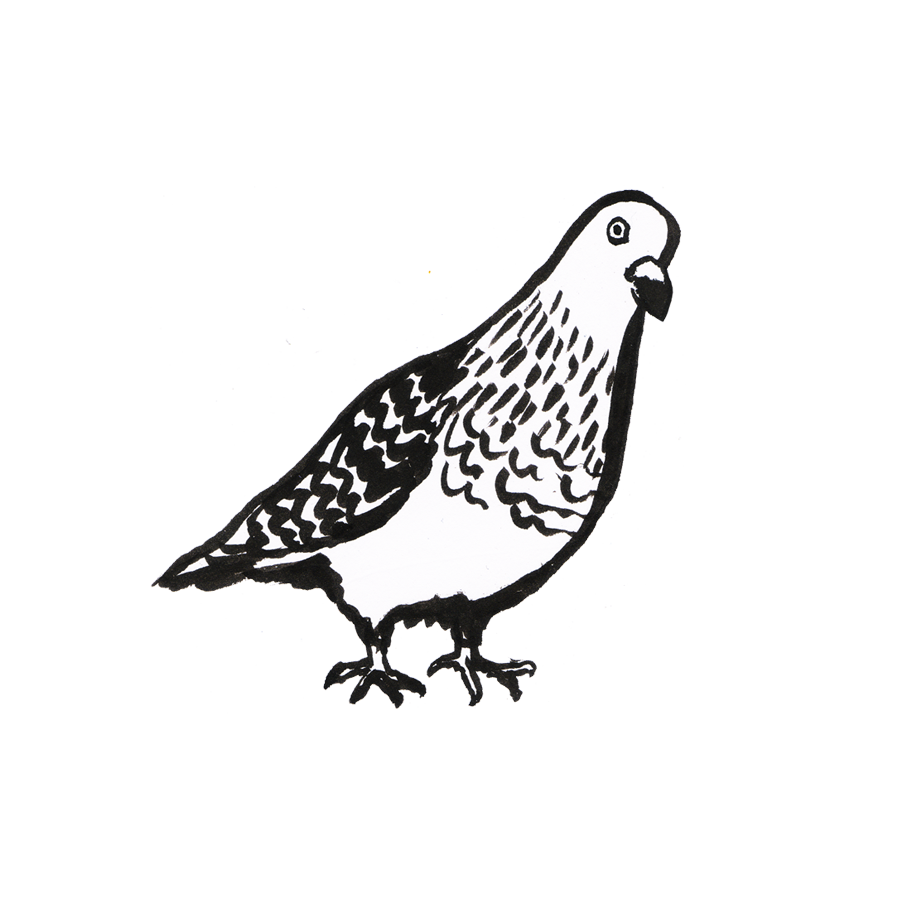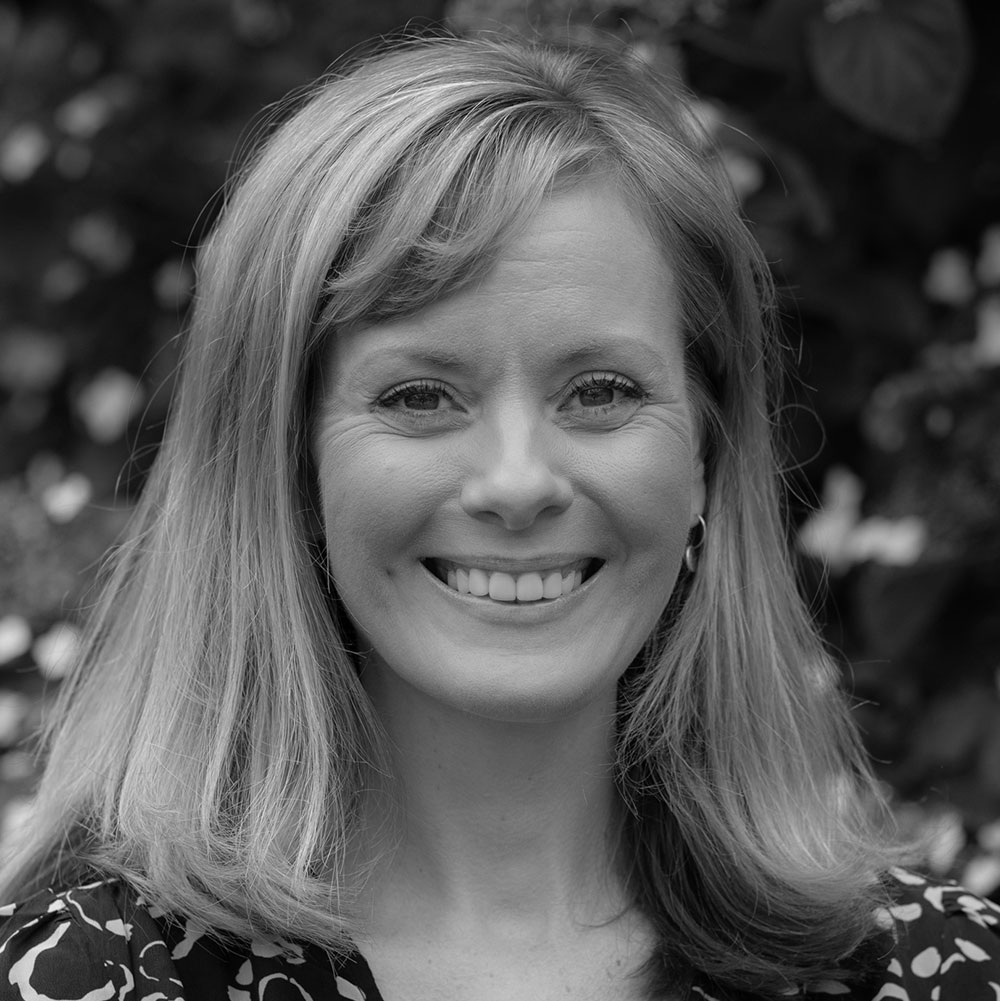
Elizabeth Mackintosh
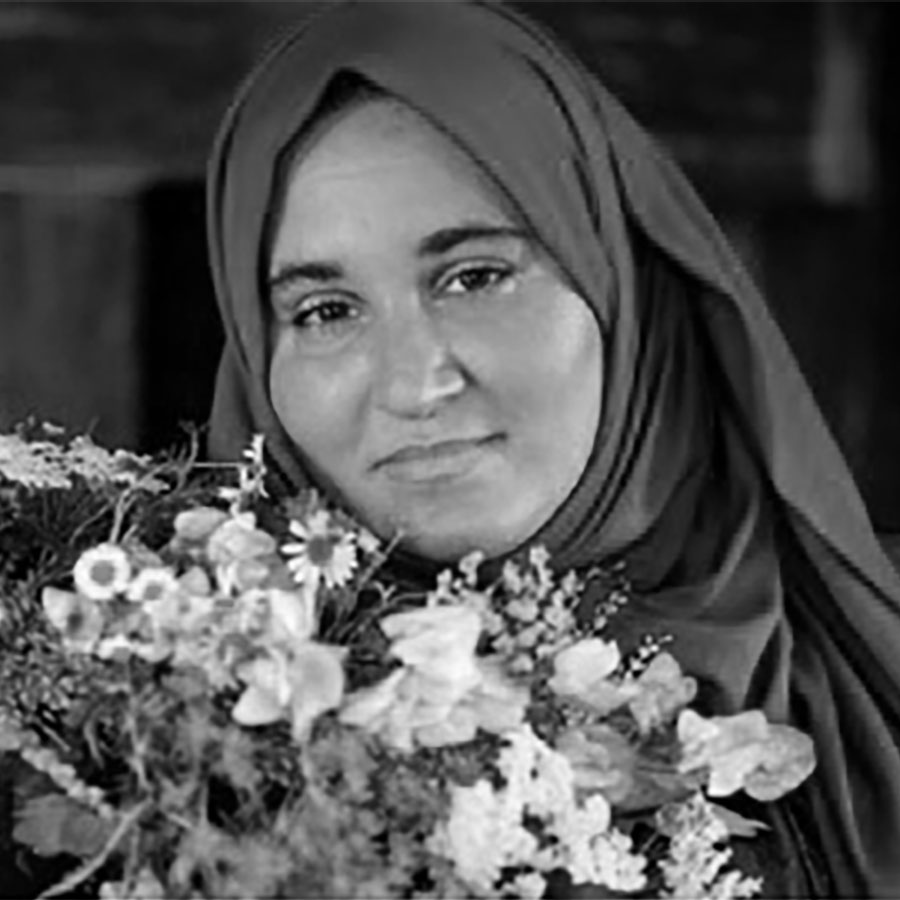
Hanan Issa

Sheridan Angharad James
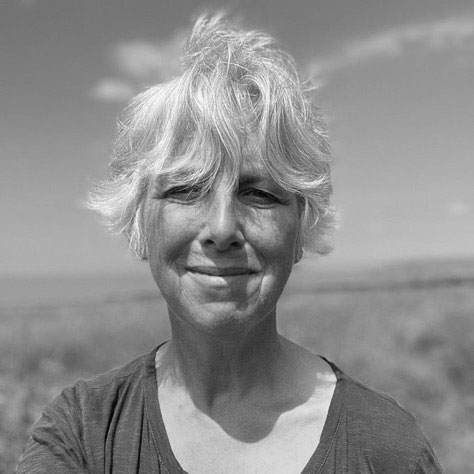
Gill Lewis
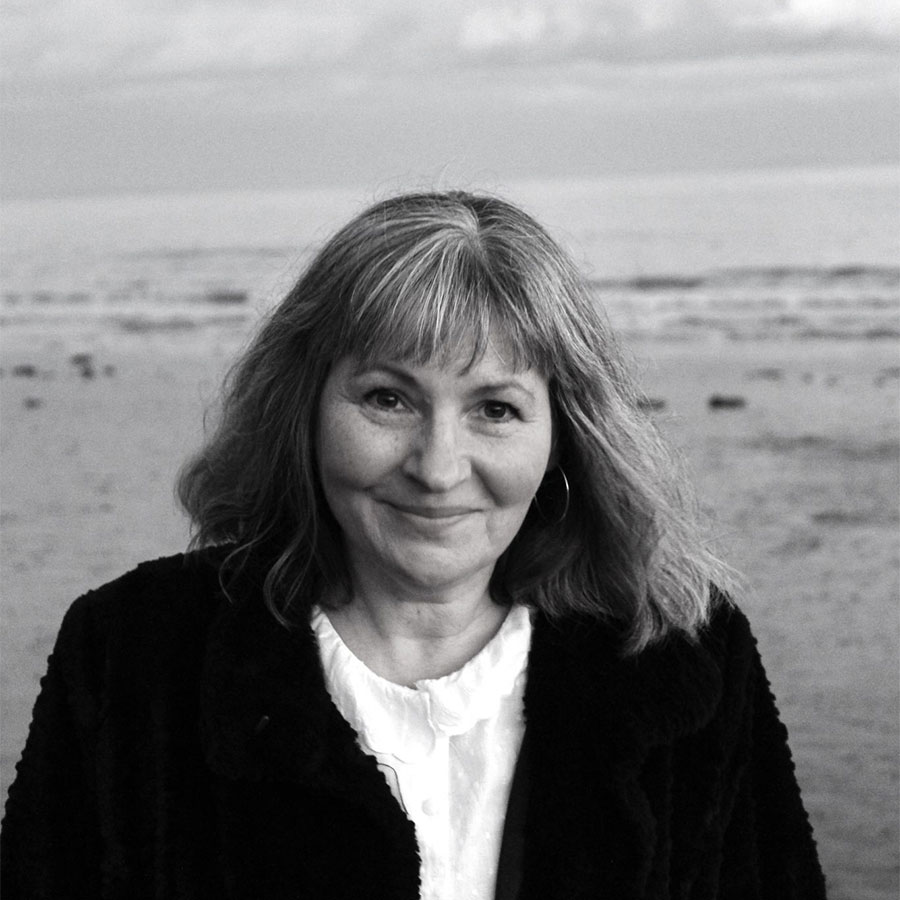
Eloise Williams

Nicola Davies
Midgley’s mixed moral community is a framework that springboards from human-animal relations as always-already integral to our relationship with others. The fact that non-human life listens is a crucial part of Midgley’s approach to shift from what divides us from animals and the natural world, to what we share. Listening is a key tenet of our similarities with other animals and part of how we order and shape our lives. Non-human life listens, in terms of detection, coordination and collective thriving. Midgley stressed an emotional porousness of the human species barrier and she knew that our relationships with animals cultivate our capacity for extended sympathy, playful inquiry and curiosity, and dynamic potential for cross-species entanglements.
Our workshops designed for young people explore various ways of listening to a wide range of species that call Pembrokeshire their home and love it - just as we do.
Dr Elizabeth Mackintosh (Beth) is joined by a team of women who are best described as forces of nature! We are all united by our love of wild places and wild things and Mary Midgley.
Beth is a Philosopher and a Visiting Research Fellow and Lecturer at the University of Winchester. Her research focus is in moral philosophy, medical ethics and animal and environmental ethics and, of course, the work and legacy of Mary Midgley.
Nicola Davies is an award winning author and writer of more than 50 books for children: fiction, non-fiction and poetry. She is also a zoologist, field biologist, researcher and then BBC presenter.
Hanan Issa is a Welsh-Iraqi poet, film-maker, scriptwriter and artist, and she is the current National Poet of Wales.
Sheridan Angharad James is the Canon Pastor at St David’s Cathedral and a writer who has written recently for The Journal of Christian Social Ethics on simpler, humbler bolder ways of being in Christian community.
Eloise Williams is a beloved Welsh author, a Valleys girl, and the was the Children’s Laureate for Wales between 2019-2021.
Gill Lewis is a critically acclaimed Children’s writer, vet and environmentalist who was worked everywhere from Africa to the Arctic but now resides in North Pembrokeshire. All her stories are about the natural world and our human animal relationship with it.
Tuesday, 8th April 2025, 2-4 pm
Workshop: Lost Listening
Birds, Butterflies & Bugs at Eco Dewi, St David’s.
Philosophy and crafts – Listening legacy scrolls.
With Reverend Sherdian Angharad James
Species map: birds, bugs and butterflies
A free event, but register here.
Saturday, 12th April 2025, 10.30 am - 12 pm
Workshop: Listening as Casting
Listening, and to being listened to has often been for the domain of the few. Proud working-class author, teacher and drama facilitator Eloise Williams helps us to listen to the voices of the past, to inform the present, in this interactive art and drama workship at the HaverHub in Haverfordwest.
Philosophy, drama and art workshop.
With Eloise Williams
Species map: puffins, dogs and human-animals.
A free event, but register here.
Saturday, 26th July 2025, 10.30 am - 12 pm
Workshop hub 3: Listening as Doing
Listening for Action and Change at the HaverHub, Haverfordwest.
Philosophy and poetry workshop.
With Hanan Issa
Species map: human animals
Booking form will go live in May!
Saturday, 9th August 2025, time tbc
Workshop: Listening as Repair
‘Seals and Stepping Back’ at the Llangwm Literary Festival.
Philosophy, role-play and crafts.
With Gill Lewis
Species map: seals and manx shearwaters
For this, you’ll need to book with Llangwm Literary Festival nearer the time.
Wednesday, 27th August 2025, 11 am - 2 pm
Workshop : Expansive listening
Stories of non-human sounds and conversations. Zoologist, writer and poet Nicola Davies will help us to understand the sounds of the coast and the sea and how technology and ancient wisdom is transforming our understanding.
Workshop at Oriel y Parc, St David’s.
Philosophy, zoology and zig-zag art books.
With Nicola Davies
Species map: whales, turtles and more!
For this event, you can follow and book through Oriel y Parc.
